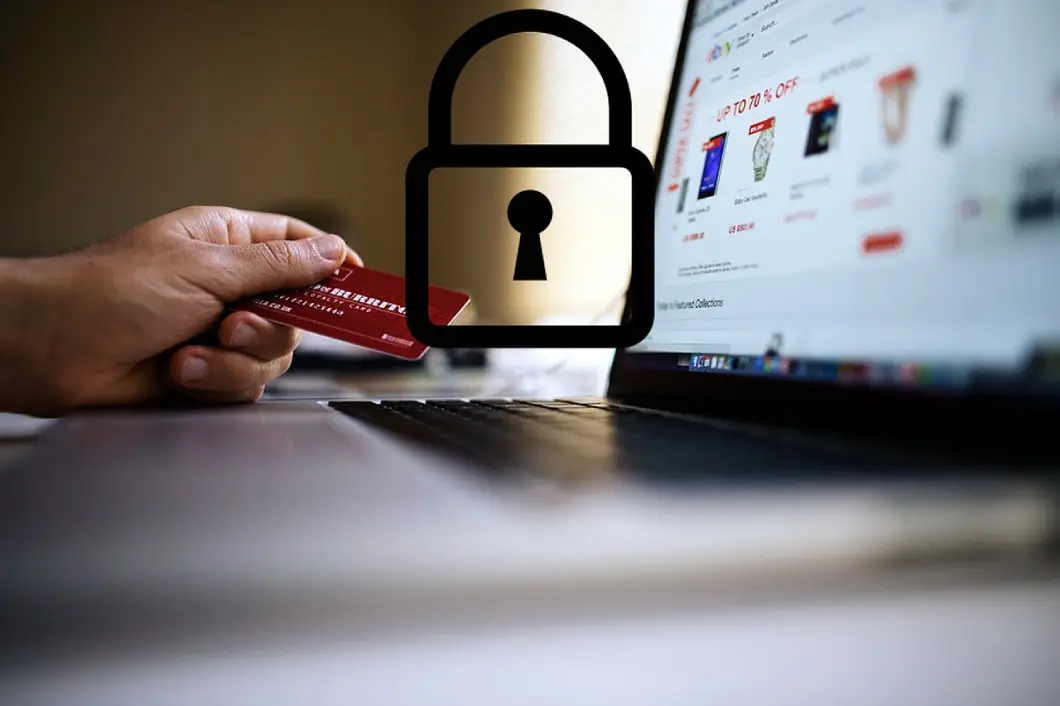Running an eCommerce website means handling sensitive customer information, including payment details, personal data, and order histories. With cyberattacks on the rise, securing your online store is not just a technical necessity—it’s a business priority.
Whether you’re a small retailer or a large-scale online brand, protecting your customers’ data and ensuring a safe shopping experience is crucial to building trust and maintaining your reputation.
In this blog, we’ll break down key steps you can take to secure your eCommerce website against common threats and cyber risks.
Need a professionally built, secure eCommerce website? Explore eCommerce web development services in Calicut by Ishas Creative Media.
1. Use HTTPS and SSL Certificates
One of the first steps in securing your eCommerce website is using HTTPS instead of HTTP. HTTPS encrypts the data transmitted between your site and users, making it harder for hackers to intercept.
Install an SSL certificate to:
- Encrypt payment and login data
- Improve trustworthiness with a padlock icon in the browser
- Boost SEO rankings (Google favors HTTPS sites)
Without HTTPS, modern browsers mark your site as “Not Secure,” driving customers away.
2. Choose a Secure eCommerce Platform
Not all eCommerce platforms offer the same level of security. Use a reputable, regularly updated platform like:
- Shopify
- WooCommerce (WordPress)
- Magento
- BigCommerce
These platforms offer built-in security features and regular patches to protect against vulnerabilities. Always ensure your CMS, themes, and plugins are updated.
3. Implement Strong Authentication
Weak passwords and unsecured admin panels are a common target for attackers.
Enhance your security by:
- Using strong passwords with combinations of letters, numbers, and symbols
- Enabling two-factor authentication (2FA) for admin and customer logins
- Limiting login attempts to prevent brute force attacks
Stronger authentication methods make it harder for unauthorized users to access your system.
4. Keep Software, Plugins, and Themes Updated
Outdated software is one of the most common entry points for hackers. Regularly update:
- CMS platforms (like WordPress or Magento)
- All plugins and extensions
- Website themes and templates
Avoid using plugins from untrusted sources, and remove any unused extensions or scripts.
5. Use Secure Payment Gateways
Always integrate with trusted payment gateways such as Razorpay, Stripe, or PayPal. These platforms:
- Handle customer payments securely
- Are PCI DSS compliant
- Offer anti-fraud tools and chargeback protection
Never store sensitive payment information on your own server unless you’re fully PCI compliant.
6. Backup Your Website Regularly
Regular website backups are crucial in case your site is hacked or data is lost.
Best practices include:
- Automating daily or weekly backups
- Storing backups on a separate server or cloud storage
- Testing backups to ensure they can be restored
In case of a ransomware attack or technical failure, backups can save your business from major losses.
7. Install a Web Application Firewall (WAF)
A Web Application Firewall acts as a shield between your site and malicious traffic. It can:
- Block known threats like SQL injection, XSS, and malware
- Monitor traffic in real time
- Provide alerts for suspicious activities
Cloud-based WAFs like Cloudflare or Sucuri offer powerful protection without slowing down your website.
8. Monitor and Scan for Malware
Hackers often leave behind malicious code that’s hard to detect. Use automated security tools to:
- Scan your website for malware or suspicious files
- Receive alerts for vulnerabilities or defacements
- Monitor file changes and admin access logs
Regular security audits are essential for proactive threat detection.
9. Secure Your Admin Panel
Your admin panel is the control center of your eCommerce website. Protect it by:
- Using unique URLs for the admin login page
- Restricting access by IP address (if possible)
- Logging all admin activities for tracking
Never leave default credentials unchanged.
10. Educate Your Team
Even the best security systems can be compromised by human error. Educate your staff on:
- Recognizing phishing emails
- Using secure file-sharing platforms
- Following proper data handling protocols
A well-trained team is your first line of defense.
Build a Secure eCommerce Website with Experts
Security should be part of your website’s foundation—not an afterthought. From code-level protection to secure hosting and ongoing monitoring, a professionally developed site ensures your store is protected from the start.
At Ishas Creative Media, we specialize in secure, SEO-optimized eCommerce website development in Calicut. Whether you’re launching a new store or upgrading an existing one, our team ensures your platform is built with security best practices in mind.
Final Thoughts
A secure eCommerce website helps protect your business, customers, and brand reputation. Implementing these security measures reduces the risk of data breaches, builds trust, and ensures uninterrupted operations.
If you’re unsure where to start or want to upgrade your site’s security, partner with a professional team that understands both development and cyber protection.
Let Ishas Creative Media help you create a safe and successful online store.

